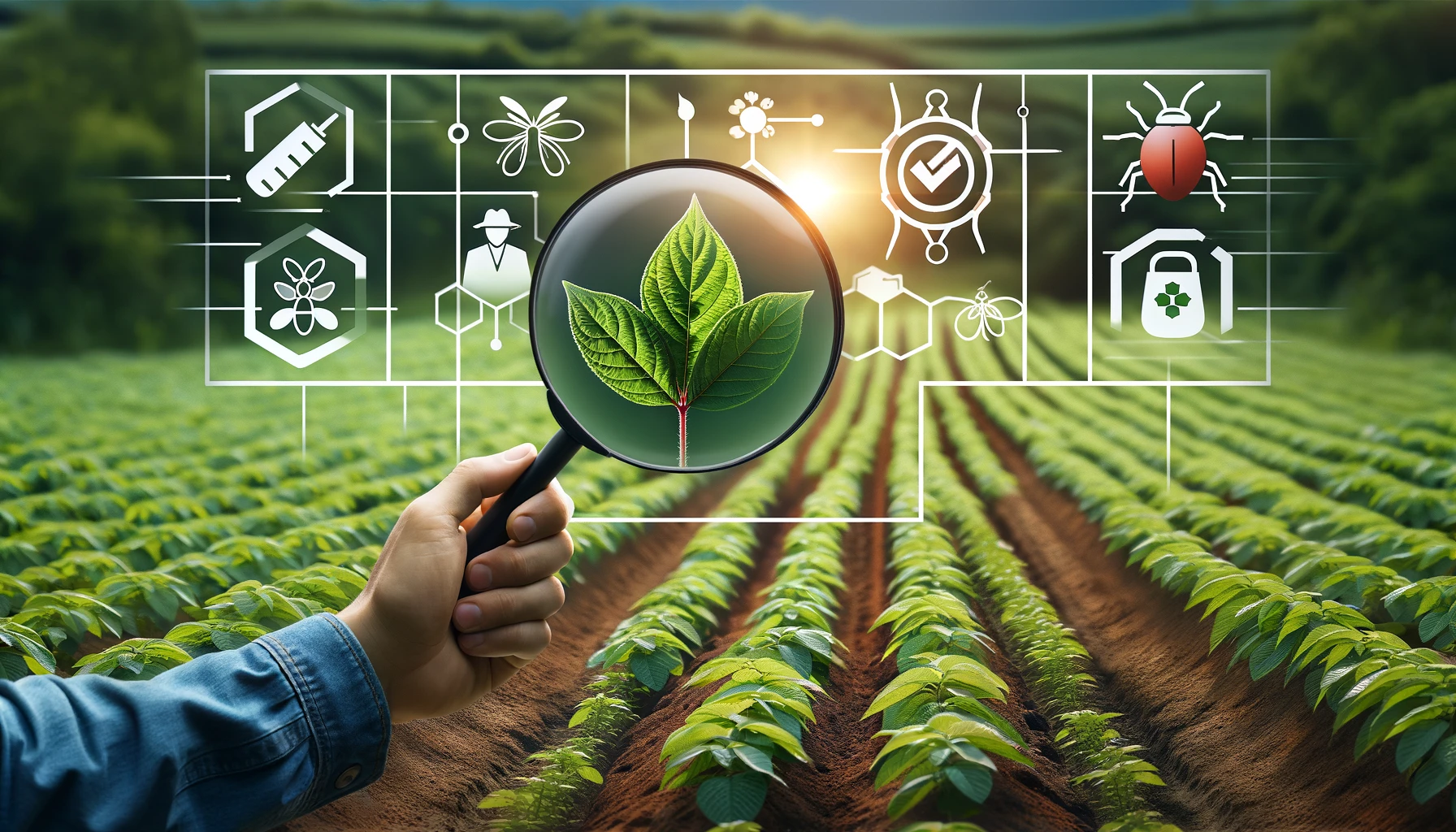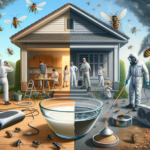
Integrated Pest Management (IPM) is a comprehensive approach to pest control that focuses on long-term prevention and environmentally responsible solutions. Unlike traditional methods that rely heavily on chemical treatments, IPM uses a combination of techniques to manage pests effectively while minimizing risks to humans, pets, and the environment.
In this blog, we’ll explore what IPM is, how it works, and why it’s one of the most effective and sustainable pest control strategies.
What is Integrated Pest Management (IPM)?
IPM is a science-based, holistic approach to pest control. It integrates multiple methods to manage pests by understanding their life cycles, behaviors, and interactions with the environment. Instead of simply eradicating pests, IPM aims to prevent infestations by addressing the root causes.
Core Components of IPM
- Prevention:
The first step in IPM is to eliminate conditions that attract pests. This includes:- Sealing entry points.
- Proper waste management.
- Reducing moisture and food sources.
- Monitoring:
Regular inspections and monitoring help detect pest activity early. This step involves identifying pest species and understanding their habits to apply targeted solutions. - Identification:
Accurately identifying pests ensures that the most effective control methods are used, avoiding unnecessary treatments. - Control Methods:
IPM employs a variety of pest control techniques, including:- Biological Control: Using natural predators or beneficial organisms to manage pests.
- Cultural Control: Adjusting practices, such as crop rotation or sanitation, to deter pests.
- Mechanical Control: Traps, barriers, or physical removal of pests.
- Chemical Control: Using pesticides as a last resort, applied responsibly and selectively.
- Evaluation:
Continuous evaluation ensures that the IPM strategy remains effective and sustainable over time.
Benefits of Integrated Pest Management
- Environmentally Friendly
IPM prioritizes eco-friendly solutions, reducing the reliance on harmful pesticides. This helps protect beneficial insects, water sources, and surrounding ecosystems. - Safe for Families and Pets
By minimizing chemical usage, IPM ensures the safety of your household while effectively controlling pests. - Cost-Effective
Preventative measures and targeted treatments reduce the need for repeated pest control services, saving money in the long run. - Sustainable Solutions
IPM addresses the root causes of infestations, providing long-term pest control rather than temporary fixes. - Reduces Resistance
Overusing pesticides can lead to pest resistance. IPM avoids this issue by incorporating multiple control methods.
Examples of IPM in Action
- In Homes:
Sealing cracks, using bait traps, and maintaining a clean environment to deter pests. - In Agriculture:
Releasing beneficial insects, rotating crops, and managing irrigation to minimize pest activity. - In Commercial Spaces:
Regular inspections, pest-proofing buildings, and implementing sanitation protocols.
Why Choose Adibug for IPM?
At Adibug Pest Control, we specialize in implementing Integrated Pest Management strategies tailored to your specific needs.
- Customized Solutions: Our team designs IPM programs that address the unique challenges of your property.
- Eco-Friendly Treatments: We prioritize methods that are safe for your family, pets, and the environment.
- Expert Monitoring: Our professionals conduct thorough inspections and provide ongoing monitoring to ensure lasting results.
Ready to experience the benefits of IPM? Call us at 7578520085 or visit Adibug.com to schedule an IPM consultation today! Together, we’ll keep pests at bay while protecting the environment.







